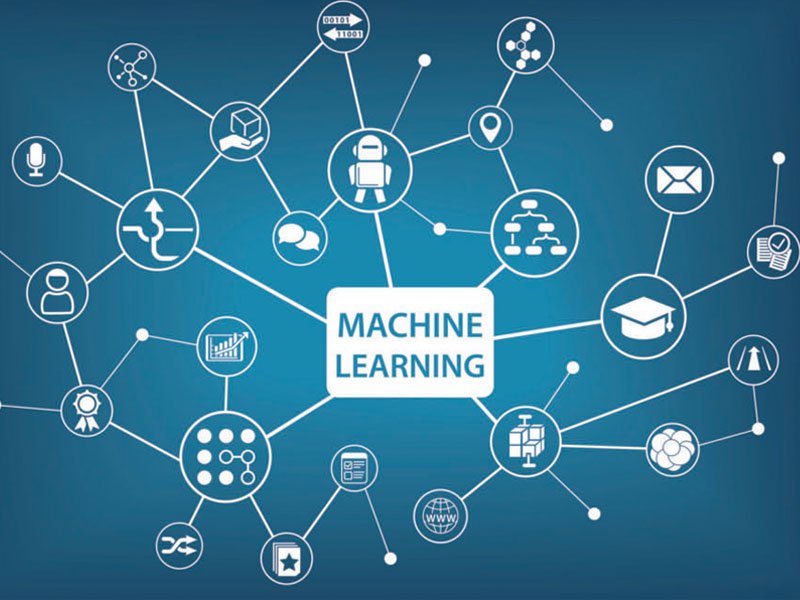The term “American Mind” encompasses a broad spectrum of thoughts, beliefs, and cultural values that characterize how Americans think and perceive the world. It reflects a unique blend of historical experiences, cultural influences, and evolving social norms. Understanding the American Mind is crucial as it provides insights into how Americans approach various aspects of life, including politics, social issues, and personal beliefs. This exploration helps us appreciate the complexities of American culture and its impact on both national and global scales.
Historical Background of American Thought
The Influence of Early American History on Modern Thinking
Early American history has had a profound impact on the development of American thought. The nation’s foundation was shaped by Enlightenment ideas emphasizing reason, democracy, and individual rights. Figures like Thomas Jefferson and Benjamin Franklin championed these principles, which continue to influence American values today. The American Revolution itself was driven by the desire for self-governance and freedom from British rule, setting a precedent for a culture that values independence and personal liberty.
Key Figures in Shaping American Ideas and Values
Several key figures have played crucial roles in shaping American ideas and values. Founding Fathers such as George Washington and James Madison were instrumental in crafting the U.S. Constitution, which established the framework for American democracy. In the 19th and 20th centuries, leaders like Abraham Lincoln, Martin Luther King Jr., and Susan B. Anthony fought for equality and civil rights, contributing to a broader understanding of justice and freedom. These individuals and their contributions are central to understanding the evolution of American thought and cultural identity.
Core Values of the American Mind
Individualism and Personal Freedom
One of the core values of the American Mind is individualism. Americans often prioritize personal freedom and self-expression, believing that individuals should have the autonomy to make their own choices and pursue their own paths. This value is deeply rooted in the country’s history and is reflected in its political and social systems, which emphasize personal rights and liberties. The belief in individualism encourages innovation and personal achievement but also raises questions about the balance between personal freedom and social responsibility.
The Concept of the American Dream
The American Dream is another fundamental aspect of the American Mind. This idea suggests that anyone, regardless of their background, can achieve success through hard work and determination. It has inspired countless individuals to strive for a better life and has become a symbol of hope and opportunity. However, the concept has also faced criticism, with some arguing that systemic inequalities can hinder the pursuit of this dream. Despite this, the American Dream remains a powerful motivator for many and a central component of American identity.
The Role of Democracy and Civic Responsibility
Democracy and civic responsibility are central to the American Mind. Americans value their democratic system and take pride in participating in elections and civic activities. The idea that every citizen has a role in shaping their government and society is a key aspect of American values. Civic engagement, including voting, community service, and advocacy, reflects the belief that individuals can contribute to the betterment of their country. This commitment to democracy and civic duty underscores the importance of collective participation in maintaining a healthy society.
Cultural Influences on American Thought
Impact of Diverse Cultural Backgrounds
American thought is heavily influenced by the country’s diverse cultural backgrounds. The United States is a melting pot of different ethnicities, traditions, and belief systems. This cultural diversity enriches American society and contributes to a wide range of perspectives and ideas. Immigrant communities have brought their own customs and viewpoints, which have merged with indigenous American culture to create a unique social fabric. This diversity fosters a broader understanding of different viewpoints and contributes to the dynamic nature of American thought.
The Role of Media and Entertainment in Shaping Opinions
Media and entertainment play a significant role in shaping American opinions and cultural values. Television, movies, music, and social media platforms influence how people perceive social issues, political events, and cultural trends. The portrayal of various topics in media can impact public opinion and shape societal norms. For example, media representations of social issues like race and gender can influence attitudes and contribute to ongoing debates about equality and justice. The power of media to shape opinions underscores its importance in the American cultural landscape.
Education and Its Influence on American Perspectives
Education is a key factor in shaping American perspectives. Schools and universities provide the knowledge and critical thinking skills necessary for understanding complex issues and participating in society. The American educational system emphasizes a broad curriculum, including history, science, and social studies, which helps students develop informed viewpoints. Higher education institutions also play a role in fostering intellectual growth and encouraging diverse perspectives. The emphasis on education reflects the value placed on knowledge and informed decision-making in American society.
The American Mind in Contemporary Issues
How Current Events Reflect American Values
Current events often reflect the underlying values of the American Mind. Issues such as climate change, healthcare, and social justice are hotly debated topics that reveal core American beliefs and priorities. For example, debates about healthcare often center around the values of individual responsibility versus collective care, while discussions on climate change reflect concerns about future generations and environmental stewardship. The way Americans respond to these issues provides insight into their values and how they evolve over time.
The Impact of Technology and Social Media on Thought Patterns
Technology and social media have dramatically changed how Americans think and communicate. Platforms like Twitter, Facebook, and Instagram allow for instant sharing of information and opinions, which can influence public discourse and shape thought patterns. The rapid spread of information can lead to increased awareness of various issues but also contributes to the spread of misinformation and polarized viewpoints. As technology continues to advance, its impact on American thought will likely grow, affecting how people perceive and engage with the world around them.
Shifts in Attitudes Towards Social and Political Issues
Attitudes towards social and political issues in America are continually shifting. Topics such as racial equality, LGBTQ+ rights, and immigration policy have seen significant changes in public opinion over recent years. These shifts often reflect broader societal changes and evolving cultural norms. For example, increased acceptance of LGBTQ+ rights indicates a growing recognition of diversity and equality. Understanding these shifts provides insight into the changing landscape of American values and how they adapt to new social contexts.
The Future of the American Mind
Predictions for How American Thought Might Evolve
Predicting the future of American thought involves considering current trends and emerging issues. As technology continues to advance, it is likely that American perspectives on privacy, security, and digital communication will evolve. Additionally, growing concerns about climate change and social justice may drive further changes in values and priorities. The increasing diversity of the American population will also play a role in shaping future thought patterns, leading to a more inclusive and multifaceted understanding of American identity.
Emerging Trends and Their Potential Impacts
Emerging trends, such as the rise of artificial intelligence, changing demographics, and global interconnectedness, will have significant impacts on the American Mind. For example, advancements in AI could alter job markets and influence how people think about work and technology. Demographic changes may lead to new cultural dynamics and perspectives. Global interconnectedness will likely impact American views on international issues and cooperation. These trends will shape the future of American thought, leading to new challenges and opportunities for growth.
Conclusion
Understanding the American Mind involves exploring the historical, cultural, and contemporary factors that shape American thought. From its foundational values of individualism and democracy to the influence of media and technology, American perspectives are diverse and evolving. By examining these elements, we gain valuable insights into how Americans approach various issues and how their values may continue to change. This understanding is crucial for appreciating the complexities of American culture and its role in the global context.











